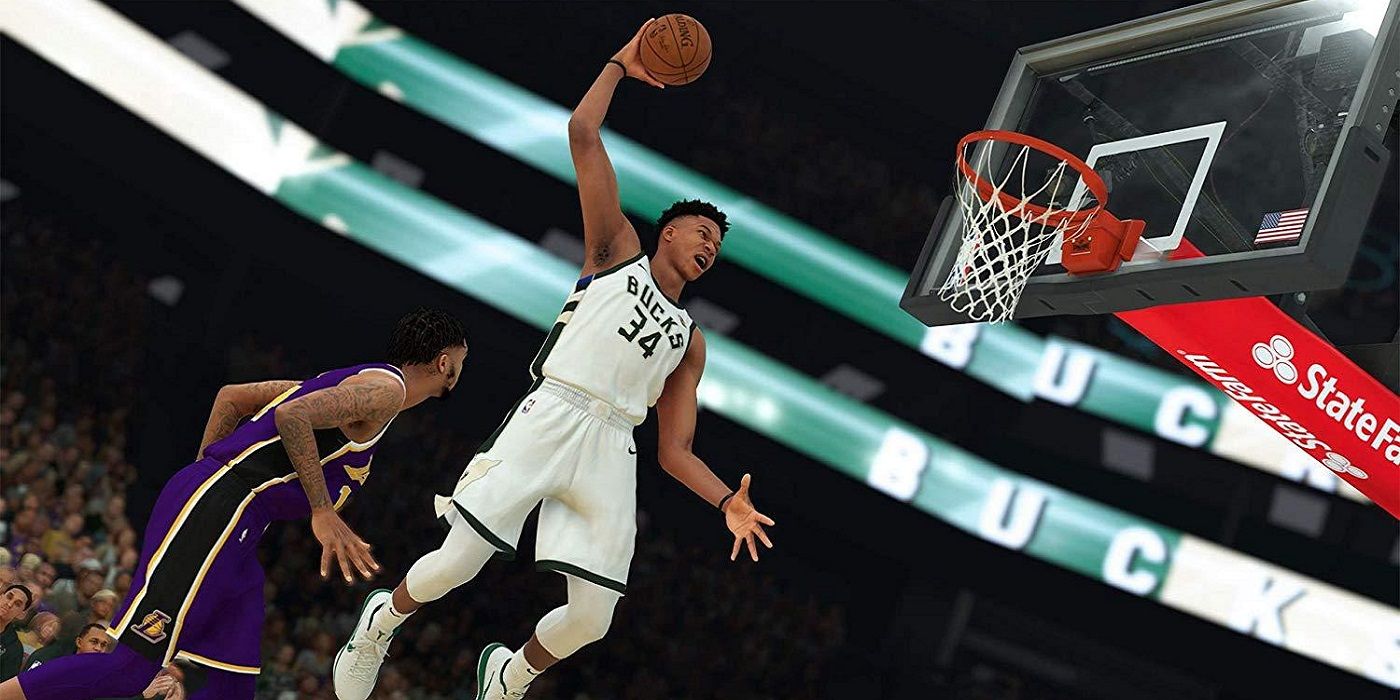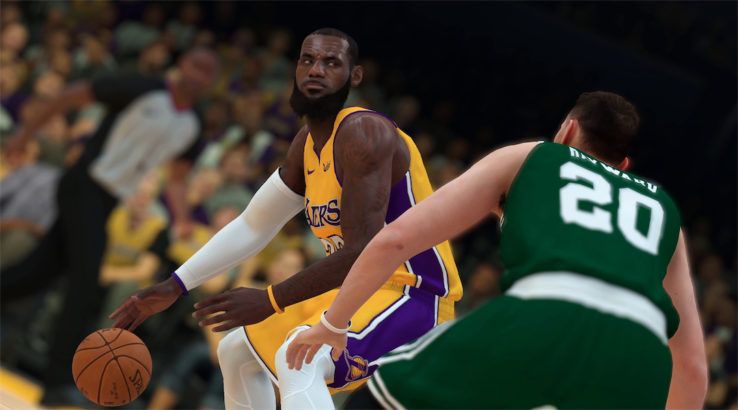Take-Two Interactive sues a rapper who claimed that an NBA 2K19 animation infringed upon his copyright. The NBA 2K series has faced several lawsuits such as a multi-million dollar lawsuit about a Lebron James tattoo.
In court documents filed last week, Take-Two sued Atlanta rapper Brandon Sims in California federal court, asking for judgment over copyright infringement claims made by the rapper. Sims had sent multiple letters to Take-Two alleging copyright infringement and asking Take-Two to pay up. The rapper's complaints stemmed from an eight-second animation called the "Take-Two Dance Step" which players can perform in celebration. Sims said that this animation, seen in NBA 2K19, infringed in his copyright for the "Crank That Dance," an 82-second "choreographic work" performed by three dancers.
Take-Two has defended the Take-Two Dance Step by saying that "no one can own a dance step." The company has also said that Sims himself copied his Crank That Dance from the rapper and former technology and games console seller, Soulja Boy, who made a move like that popular with "Crank That (Soulja Boy)." The Crank That Dance and the Take-Two Dance Step are different too with Sims dance moves featuring three performers and bent legs and the NBA 2K celebration featuring one performer and straight legs.
The company wants the court to rule that NBA 2K19 did not infringe upon Sims dance move. Take-Two also asks for Sims to pay its attorney fees. This may seem odd given how much money the NBA 2K series makes from microtransactions, but Take-Two said that this is "to deter such unreasonable claims in the future".
The NBA 2K lawsuit is part of a larger conversation about the use of dance moves and celebrations in games. Epic Games has also faced several lawsuits for the dance emotes in Fortnite, with rapper 2 Milly, actor Alfonso Ribeiro, and the "Backpick Kid" all having sued the company.
These kinds of video game emotes are a huge part of the culture, having an effect on the games and making songs and dance moves more popular in real life. The amount of money that companies make from selling cosmetic microtransactions also means that these types of complaints are unlikely to go away. However, this ruling lands on Take-Two's side though, there may be fewer lawsuits about it.
Source: Segment Next, Bloomberg


